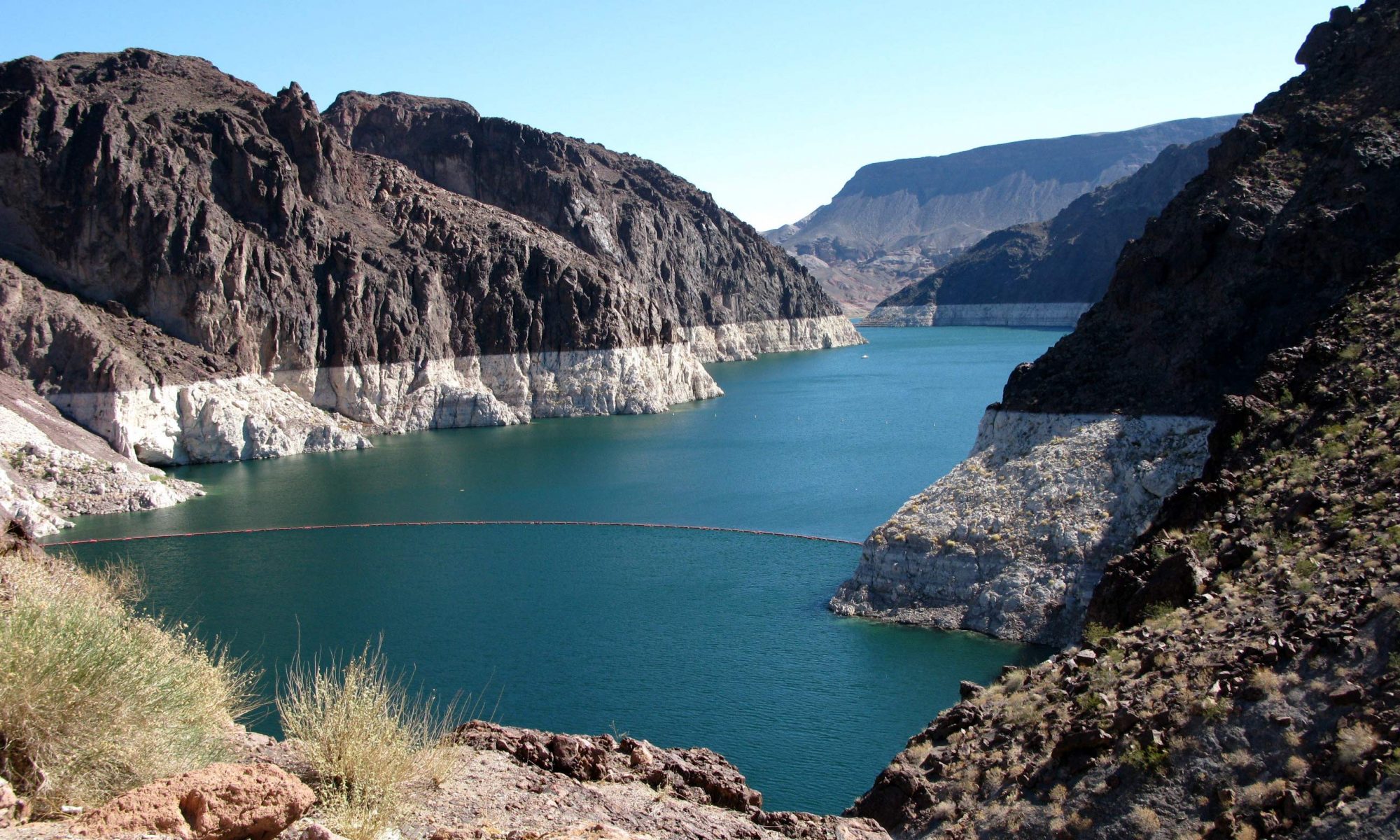Haverfordians for a Liveable Future
Divest Haverford / Fossil Fuel Free Haverford
OCETI SAKOWIN CAMP (Standing Rock)
Oceti Sakowin Camp is a unified encampment of Water Protectors dedicated to protecting our land and water against the Dakota Access Pipeline. We value assuring the welfare of all people by honoring human rights, treaties, agreements, and cultures. Our goal is to peacefully and prayerfully defend our rights, and rise up as one to sustain Mother Earth and her inhabitants.
350.org
350 uses online campaigns, grassroots organizing, and mass public actions to oppose new coal, oil and gas projects, take money out of the companies that are heating up the planet, and build 100% clean energy solutions that work for all. 350’s network extends to 188 countries.
Artist/Science Projects
Swale
Swale is a floating food forest developed by Mary Mattingly and a group of collaborators and built atop a barge that travels to piers in New York City, offering educational programming and welcoming visitors to harvest herbs, fruits and vegetables for free. Swale strives to strengthen stewardship of public waterways and land, while working to shift policies that will increase the presence of edible perennial landscapes.
Futurefarmers / Flatbread Society Seed Journey
Seed Journey is a seafaring voyage connected to a public art project* in the former port of Bjørvika in Oslo, Norway. Seed Journey moves people, ideas and seeds through time and space. This voyage—its crew and cargo—are agents that link the commons as they relate to local networks and a more global complex of seed savers and stewards of the land, air and water. A rotating crew of artists, anthropologists, biologists, bakers, activists, sailors and farmers join the journey and share their findings at host institutions along the route from small harbors to large ports from barns to museums (contemporary art, natrual history and maritime) to social centers.
Civic Laboratory for Environmental Action Research (CLEAR)
CLEAR is a feminist marine science and technology lab, with the main goal of conducting science and building technology that foreground equity and justice, particularly for populations that are negatively affected by plastic pollution. The lab engages in action-oriented research through grassroots environmental monitoring that emphasizes that the process of research impacts the world. The lab is made up of: Dr. Max Liboiron, Justine Ammendolia, Hillary Bradshaw, Coco Coyle, Natalya Dawe, Elise Earle, Bojan Furst, France Liboiron, Dr. Charles Mather, Jessica Melvin, Melissa Novacefski, Natalie Richard, Jackie Sartuno, Taylor Stocks, Emily Wells, Kate Winsor, Sam Westscott, and Alex Zahara. Over 92% of marine plastic pollution is smaller than a grain of rice. At this size, eroded by wind and wave action, and passed through animal digestive tracts, these bits of plastic are difficult to identify. Plastic samples are presented alongside LADI (Low-tech Aquatic Debris Instrument, pronounced “lady”), a build-it-yourself research trawl that collects microplastics at the surface of the ocean when towed behind a boat (“trawling”).
Exhibitions and Screenings
Hironaka & Suib Present: We Are In Crisis
Wednesday, June 28 – August 4, 2017
Washington Project for the Arts, Exhibition
Postcommodity: Through the Repellent Fence: A Land Art Film. 2017
THROUGH THE REPELLENT FENCE follows art collective Postcommodity as they strive to construct Repellent Fence, a two-mile long outdoor artwork that straddles the U.S.-Mexico border. Postcommodity consists of three Native American artists who “put land art in a tribal context.” Aided by the communities on both sides of the border in 2015 the artists installed a series of 28 huge inflatable spheres emblazoned with an insignia known as the “open eye” that has existed in Indigenous cultures from South America to Canada for thousands of years. The spheres were evenly spaced apart and extended north and south of the border a mile in each direction. “It’s a metaphorical suture stitching together cultures that have inhabited these lands long before borders were drawn.”
Maria Thereza Alves, 2016-2018 Vera List Center Prize Winner
Seeds of Change is a long-term project that so far has been presented in several European port cities – Marseille, Liverpool, and Bristol among them. It examines the legacies of colonialism and the global commerce of goods and people through the displacement of plants, focusing on the scientific, social and political history of ballast, the waste material used to stabilize ships in maritime trade and dumped in ports at the end of the ships’ passages. Ballast contains “dormant” seeds that can remain viable in the soil for hundreds of years before germinating and growing. As Alves grows young plants from these dormant seeds – often in floating barges or gardens, developed in collaboration with local communities and scientists – she examines how we understand the identity of a place and its sociopolitical histories. As such the project questions the official accounts of culture as well as the lands it is built on and through.
